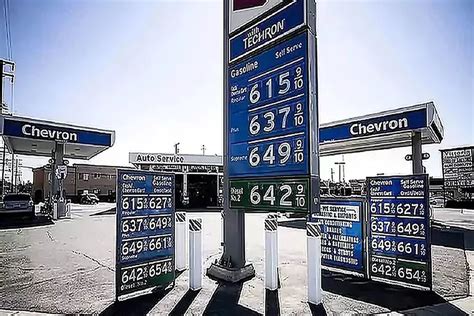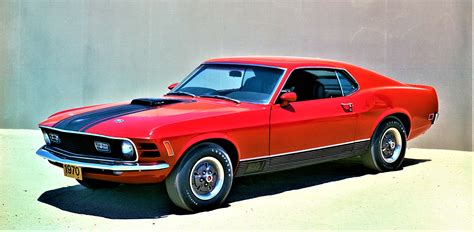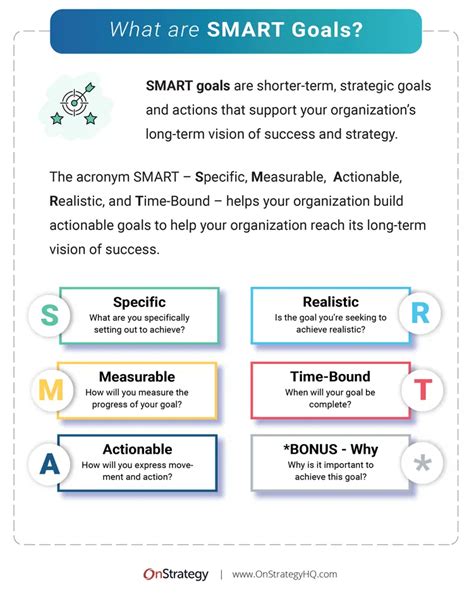Understanding the Octane Debate
For many drivers, the choice at the pump between regular and premium gasoline can be a moment of hesitation. Is premium fuel a wise investment for your engine’s health and performance, or is it an unnecessary expense that simply drains your wallet? This common dilemma often stems from a mix of marketing, anecdotal evidence, and genuine technical specifications. Let’s demystify the octane debate and help you make a smart fuel choice.

What Exactly is Octane Rating?
The most significant difference between regular and premium gasoline is its octane rating. Octane is a measure of a fuel’s resistance to “knocking” or “pre-ignition” – an uncontrolled combustion that can damage an engine. Regular unleaded typically has an octane rating of 87, while premium often ranges from 91 to 93. It’s crucial to understand that higher octane doesn’t mean more power or better combustion; it simply means greater resistance to pre-ignition under high compression.
The Pervasive Myth of “Better” Gas
A widespread misconception suggests that premium fuel is inherently “cleaner” or contains special additives that make any engine run better, regardless of its design. For engines not designed to require high-octane fuel, pouring in premium offers no tangible benefit. These engines are calibrated to run efficiently on 87 octane, and adding higher octane fuel will not increase horsepower, improve fuel economy, or clean the engine more effectively. In fact, your car’s engine control unit (ECU) is designed to optimize performance based on the recommended fuel type.

When Premium Gas IS Required
Certain high-performance or luxury vehicles, particularly those with turbocharged, supercharged, or high-compression engines, are specifically engineered to require premium fuel. Their engines operate under conditions where regular octane fuel would pre-ignite, leading to knocking. The car’s manual will clearly state the recommended fuel type, often specifying “premium unleaded required” or “91+ octane recommended.”
Using lower-octane fuel in these vehicles can lead to reduced performance, decreased fuel efficiency, and potentially long-term engine damage as the ECU retards timing to prevent knocking. For these specific vehicles, premium is not an option but a necessity.

When Premium Gas is NOT Necessary
If your car’s owner’s manual specifies “regular unleaded” or “87 octane recommended,” then that’s precisely the fuel your engine needs. Using premium in these vehicles is akin to giving a healthy person an unnecessary vitamin supplement – it won’t hurt, but it won’t help either, and you’re paying extra for no benefit. Modern engines are incredibly sophisticated and can adapt to minor variations, but they are optimized for their intended fuel.
Impact on Your Engine and Performance
For cars that require premium, using regular fuel will negatively impact the engine over time, causing stress and potential damage. For cars that recommend regular, using premium has virtually no positive impact on engine longevity or performance. While some premium fuels might contain slightly more detergents, all gasoline sold in the U.S. (Top Tier or not) contains enough detergents to prevent deposit buildup as mandated by EPA regulations. You won’t gain extra horsepower or a “cleaner” engine by opting for higher octane than required.

Impact on Your Wallet: The Real Cost
This is where the decision becomes most tangible for most drivers. Premium gas typically costs $0.20 to $0.60 more per gallon than regular. Over a year, the costs can add up significantly. Consider this example:
- Annual driving: 12,000 miles
- Average fuel efficiency: 30 MPG
- Total fuel consumed: 400 gallons (12,000 miles / 30 MPG)
- Extra cost per gallon for premium: $0.40
- Annual extra cost: $160 (400 gallons * $0.40/gallon)
That’s $160 per year – money that could be saved or spent elsewhere, with no return on investment for an engine not designed for it. Over the lifespan of a vehicle, this difference can amount to thousands of dollars.

Making the Smart Fuel Choice
The golden rule for making the smart fuel choice is simple: consult your car’s owner’s manual. It is the definitive guide to your vehicle’s requirements.
- “Premium fuel REQUIRED”: Always use premium. Your engine’s integrity and performance depend on it.
- “Premium fuel RECOMMENDED”: You can typically use regular 87 octane without issue, though performance might be slightly diminished under extreme conditions. The car’s ECU is designed to adjust the engine’s timing to prevent knocking. You might experience a slight dip in horsepower or fuel economy, but no harm to the engine.
- “Regular unleaded” or “87 octane”: Stick with regular. There is no benefit, either in performance or engine health, to upgrading to premium.
Conclusion
The notion that premium gas is always better is largely a misconception for the majority of vehicles on the road. For most drivers, choosing regular unleaded is the smart, economical choice that provides the exact performance and protection their engine needs. Save your money and reserve premium fuel for the vehicles truly engineered to benefit from its higher octane rating. Your engine won’t thank you for unnecessary premium, but your wallet certainly will.




